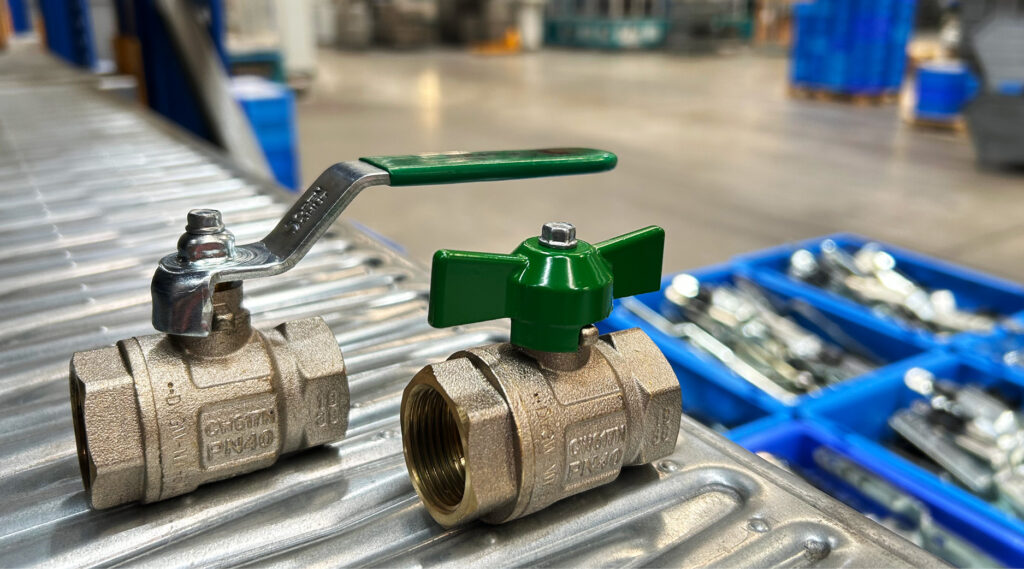11 4 月 2025
In recent years, the quality of drinking water has become a key priority on both environmental and public health agendas, so much so that it’s included among the United Nations’ 17 Sustainable Development Goals.
Ensuring access to safe water resources also requires proper system design and maintenance, starting with the selection of the right components. This is where DVGW-certified ball valves come into play—engineered to ensure hygiene and safety in domestic water systems.
The Deutscher Verein des Gas- und Wasserfaches (DVGW) certification is one of the most respected standards in Europe for water and gas distribution systems.
This certification guarantees that products:
Help reduce the risk of contamination, including bacteria such as Legionella.
Legionella is a bacterium that thrives in warm, stagnant water, typically between 20°C and 40°C. It can accumulate in pipes, storage tanks, showers, and HVAC systems. The real danger isn’t contact, but inhaling contaminated droplets.
According to the Italian National Health Institute:
Across Europe, the numbers are rising too: in 2023, the ECDC reported over 10,000 confirmed cases in Germany, France and Italy.
Over the years, our team has developed two lines of ball valves designed to reduce water stagnation and promote optimal hygiene conditions:
The Green DVGW line, with full flow and conical threading.
The Ideal DVGW line, with full flow and cylindrical threading.
All our DVGW-certified ball valves feature a three-hole ball: a structural element that prevents water from collecting around the ball.
In addition, thanks to the quality of materials and coatings used, these products offer long-lasting protection against corrosion and contamination, helping make water systems safer and more reliable.

Only about 1% of Earth’s water is drinkable, and even today, nearly 30% of the world’s population lacks direct access to safe water.
In Europe, the Drinking Water Directive (DWD) takes a risk-based approach and demands full traceability of materials in contact with potable water (valves included).
Choosing certified components means staying ahead of regulations and contributing to the overall safety and quality of water distribution systems.
Installing DVGW-certified valves is more than just a technical decision, it’s a responsible one that:
For more information, explore our DVGW-certified Ideal and Green valve ranges to find the best match for your next project.
What does DVGW certification mean?
It’s a technical certification issued by the German institute “Deutscher Verein des Gas- und Wasserfaches“, confirming that water and gas components meet strict standards for safety, hygiene and reliability.
Why is it important to prevent stagnation in plumbing systems?
Stagnant water encourages the growth of bacteria like Legionella. The internal design of Itap’s ball valves helps minimize this risk by limiting internal water retention.
Are DVGW-certified valves mandatory?
They’re required in many public and healthcare settings. In general, they’re highly recommended for any application where water quality and hygiene are priorities.
What are the advantages of Itap’s Green and Ideal DVGW lines?
They limit stagnation, resist corrosion, and make water systems safer, more efficient, and more durable.